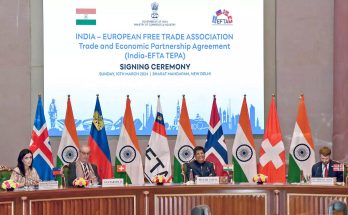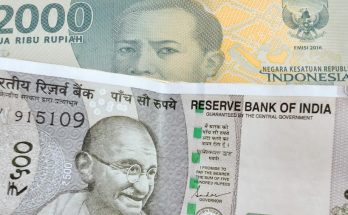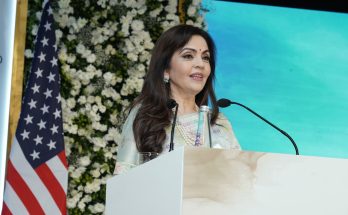NAIROBI: The agreement reclaimed elusive despite hectic negotiations for five days, which exceeded the scheduled closing by a day. In the end, the WTO Trade Ministers concluded their talks on December 19 without any commitment by the developed countries to curb subsidies.
The main aim of the talks in Nairobi was to lower trade barriers, increase trade and find solutions to help developing countries. Most of the countries wanted reaffirmation of the Doha mandate and work programme at the Nairobi ministerial. The Doha round of trade talks that was launched in Qatar’s capital in 2001 has remained stalled due to plenty of differences between the developed countries and developing countries on several issues, including farm subsidies.
“India put across its position very clearly on the table and strongly “protested” against the failure to reach an unanimity on “reaffirmation” to conclude over 14-year-old Doha round to safeguard developing nations’ interest,” said India’s Commerce Minister Nirmala Sitharaman.
One of the major consolations from the summit was the members agreeing on a commitment for giving the developing nations a right to take recourse to Special Safeguard Mechanism to protect their farmers, which has also been a long-standing demand of India.
After intense pressure by India and other developing countries, it also led to reaffirmation of decisions taken earlier at WTO (World Trade Organisation) on the issue of public stockholding, which gives protection to farmers. “The decisions taken here will form the part from where work will begin on it to give a permanent solution,” Ms Sitharaman said. “We have done our best that we can in such a situation. Most of the commitments given by the WTO to us are carried forward with complete assurance and we have not lost any ground,” she added.
On the Doha Round, Ms Sitharaman emphasised saying, “India is disappointed that notwithstanding a large group, India, China, G33, African Union, all of us insisting that Doha has to be reaffirmed, the reaffirmation has been divided. We are thoroughly disappointed on this score”. “It was a fight to safeguard India’s interest on all these three scores which we have gained according to me,” Ms Sitharaman added.
Voicing disappointment on the outcome of the talks, Ms Sitharaman highlighted the deep differences existing between the members. She stated that “the Ministerial Declaration, circulated tonight after completion of the talks, reflects the division amongst the WTO Membership on the issue of the reaffirmation of the Doha mandate”.
Without blaming the developed countries, Ms Sitharaman stated that while the majority were in favour of such reaffirmation, a few members opposed it. This development is a departure from the fundamental WTO principle of consensus-based decision making.
Author Profile
- India Writes Network (www.indiawrites.org) is an emerging think tank and a media-publishing company focused on international affairs & the India Story. Centre for Global India Insights is the research arm of India Writes Network. To subscribe to India and the World, write to editor@indiawrites.org. A venture of TGII Media Private Limited, a leading media, publishing and consultancy company, IWN has carved a niche for balanced and exhaustive reporting and analysis of international affairs. Eminent personalities, politicians, diplomats, authors, strategy gurus and news-makers have contributed to India Writes Network, as also “India and the World,” a magazine focused on global affairs.
Latest entries
 In ConversationJuly 26, 2024India-Italy defence collaboration can extend to third countries: Anil Wadhwa
In ConversationJuly 26, 2024India-Italy defence collaboration can extend to third countries: Anil Wadhwa In ConversationJuly 23, 2024Italy views India as a key partner in Indo-Pacific: Vani Rao
In ConversationJuly 23, 2024Italy views India as a key partner in Indo-Pacific: Vani Rao DiplomacyJune 29, 2024First BRICS unveils a roadmap for boosting tourism among emerging economies
DiplomacyJune 29, 2024First BRICS unveils a roadmap for boosting tourism among emerging economies India and the WorldJune 11, 2024On Day 1, Jaishankar focuses on resolving standoff with China
India and the WorldJune 11, 2024On Day 1, Jaishankar focuses on resolving standoff with China







